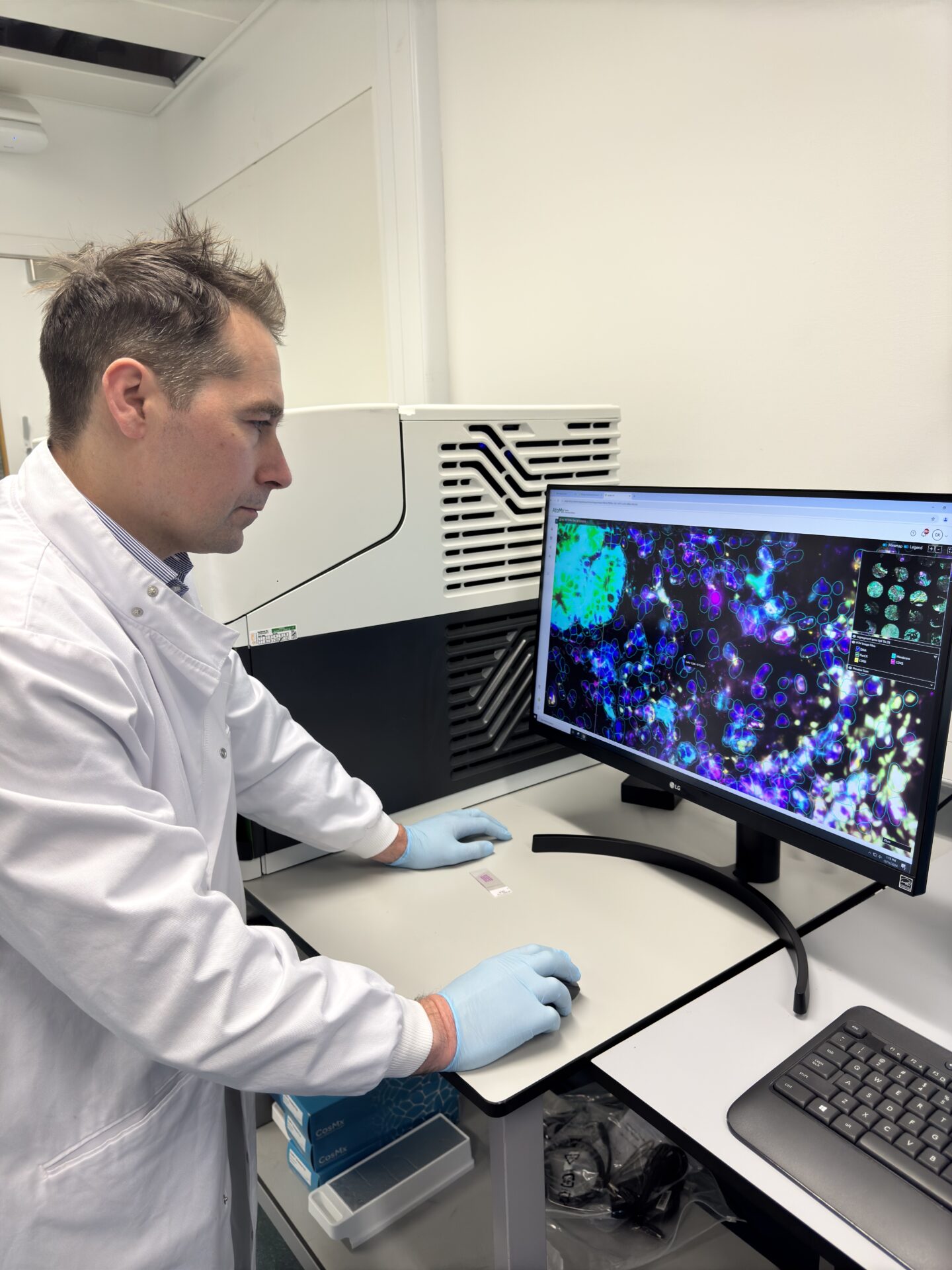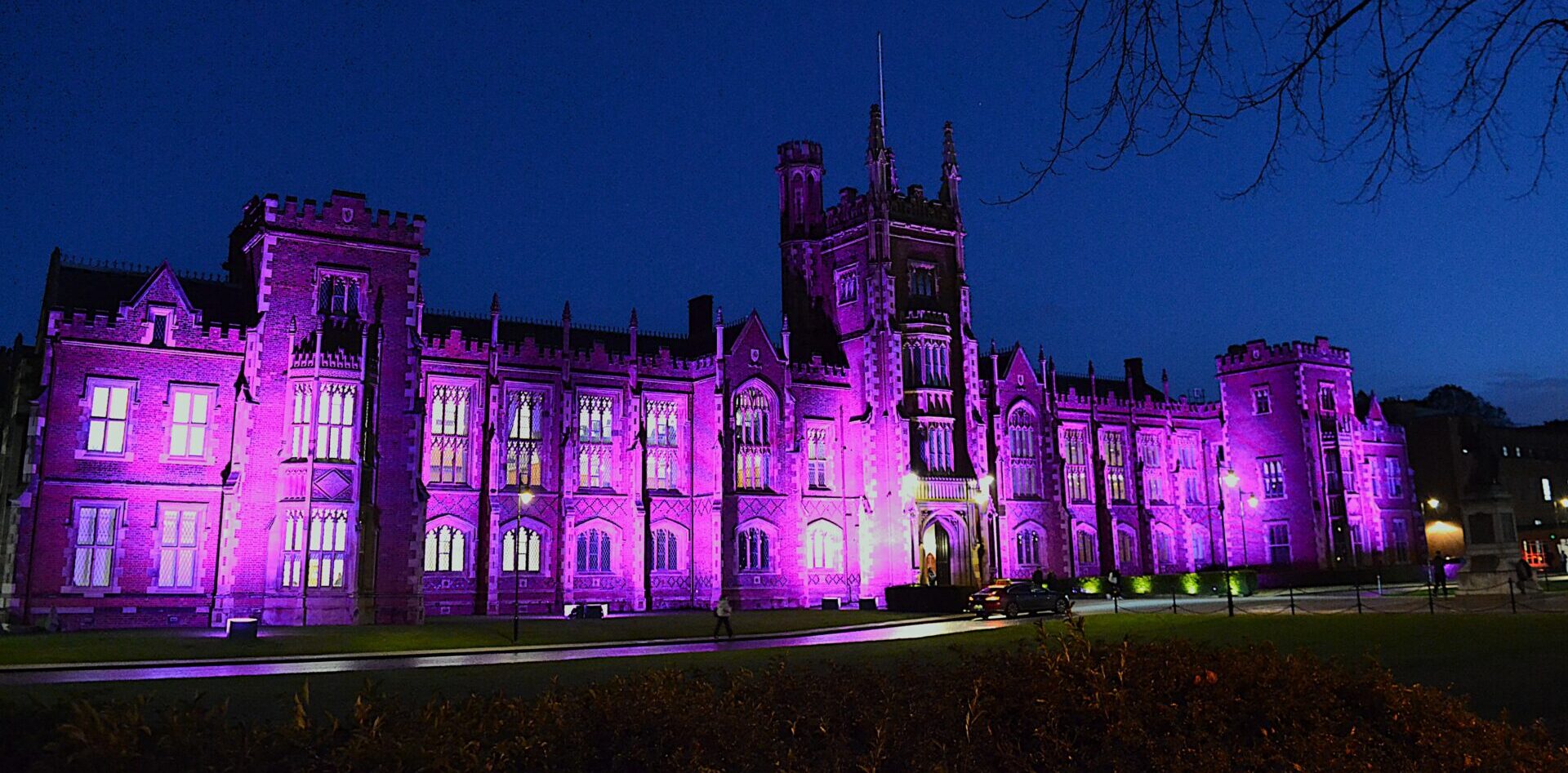We’re taking on the toughest cancer
When you begin a race from behind, you have two choices. To remain behind or run faster. To do nothing. Or do more.
Pancreatic cancer is the deadliest common cancer. More than half of people die within three months of diagnosis. With research underfunded and left behind, people are left with only hope to hang on to.
Why hasn’t survival improved?
Survival for pancreatic cancer has barely improved in the last 50 years.
In the UK, pancreatic cancer receives just 3% of the total research budget. As a result, it’s still too difficult to diagnose and treat.
And diagnosis often comes too late. That’s because symptoms are vague and may not appear until the disease is at an advanced stage. People often see their doctor several times before they are finally referred for tests, which means they experience unnecessary delays in diagnosis and wait too long for treatment to start.
There are also too few effective treatment options for pancreatic cancer. Many people are simply too unwell when diagnosed to start treatment at all.
How many people are affected?
Around 10,500 people a year are diagnosed with pancreatic cancer in the UK, but it has the lowest cancer survival rate with around 9,000 dying every year.
7 in 10 people with pancreatic cancer will receive no active treatment and 9 out of 10 are diagnosed too late for surgery – the only current treatment that can potentially cure the disease.
By 2026, more people will die from pancreatic cancer than from breast cancer.
Why has pancreatic cancer been left behind?
Governments across the UK have failed to make pancreatic cancer a priority. Too difficult? Too challenging? For whatever reason, despite massive progress treating other common cancers, pancreatic cancer has been left behind.
Since 2006, we have worked tirelessly to change this. And we’ve seen great progress in recent years. Our challenge is to make sure this progress not only persists, but accelerates. We need the world to give this disease the attention – and, above all, the action – it demands.
We are done with playing catch up.
Thanks to you, our amazing supporters, we are determined to do more. By working together, our actions will transform the future for people with pancreatic cancer.
Latest news

17 December 2024
Glasgow scientists to uncover how ‘time bomb’ cysts develop into deadliest common cancer
We have awarded almost £500,000 to researchers at the University of Glasgow to uncover why pancreatic cysts develop into pancreatic cancer.



2 December 2024
Thank you for another fantastic November
Celebrating another successful Pancreatic Cancer Awareness Month



2 December 2024
Seven in ten pancreatic cancer patients taking desperate measures to cope with PERT shortages
We asked our supporters how they are dealing with medicine shortages and uncovered that seven in ten people with pancreatic cancer are taking desperat...